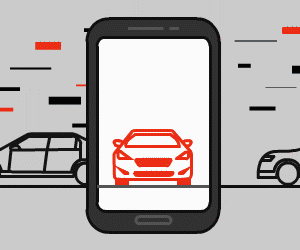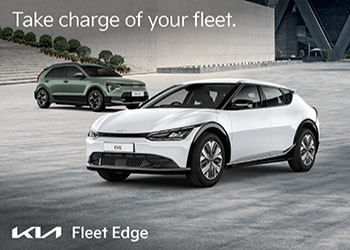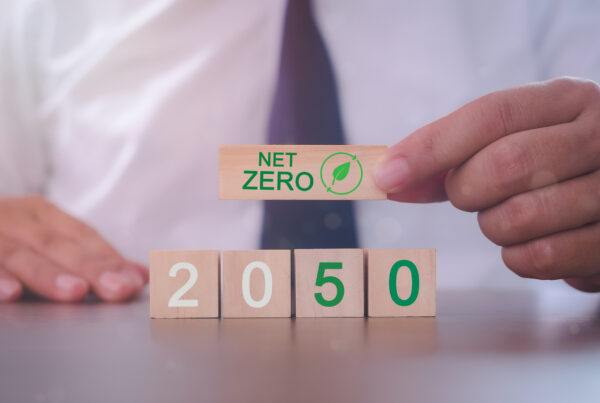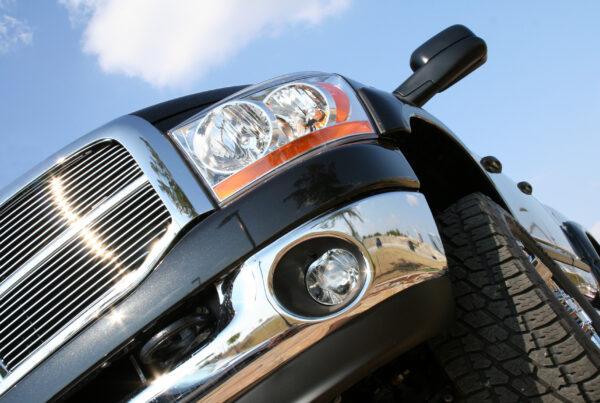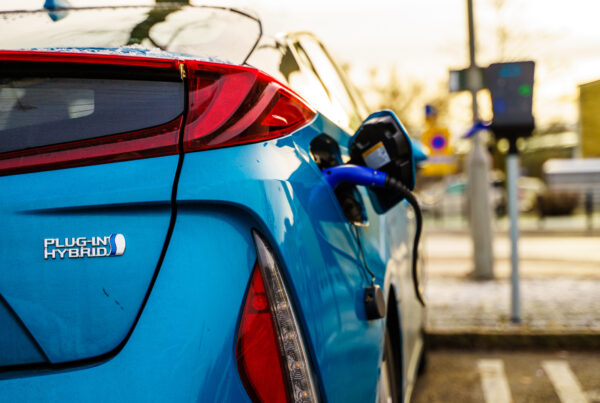India’s Union Power Minister Piyush Goyal is convinced the country will only be producing electric vehicles by 2030, despite many car manufacturers raising doubts on whether the target is achievable.
Mr Goyal said that the government was currently working on a “road map” to facilitate and all-electric car fleet within the country. The move follows an earlier announcement by the UK in recent weeks that they would ban all petrol and diesel sales by 2040.
“Only electric cars by 2030…but existing cars may take a little longer to replace,” Goyal told reporters yesterday.
“The government is currently working on a framework to see what we can do on promoting electric vehicles.”
Mr Goyal was quick to note that while hybrid vehicles “reduced fuel consumption a little bit”, electric cars were a more logical long term solution to petrol vehicles.
“It is a campaign being run by those companies who don’t have electric vehicles,” he said regarding hybrid cars.
“These companies have come to me to convince me not to oppose hybrid cars, but the world is moving towards electric vehicles and India will promote that.”
But the move comes as Mercedes Benz and other manufacturers begin to question the feasibility of an EV market successfully taking off in what is predicted to be the world’s most populous country by 2022. Their concerns come after the Indian government recently increased the cess on luxury cars from 15% to 25%, ultimately bringing the overall tax incidence on the segment to 53%.
“We are quite disappointed with this development, and we see this as a strong deterrent to the overall growth of luxury cars in this country,” Mercedes-Benz Indian managing director Roland S Folger said.
“The continuous change in policy makes our long-term planning for the market highly risky, and we think this would only have an adverse impact on the country’s financial ratings.”
A key issue with India’s plans for an electric-rollout is a lack of current infrastructure available to charge the vehicles. The Indian government is also yet to introduce a standard for charging infrastructure, while there are currently minimal charging stations on Indian roads.
Sales of electric vehicles across India have struggled in recent times with only 22,000 cars sold within 2016, less than 1%. Australian sales came in with 219, as users continue to flock to petrol, diesel and hybrid models.















